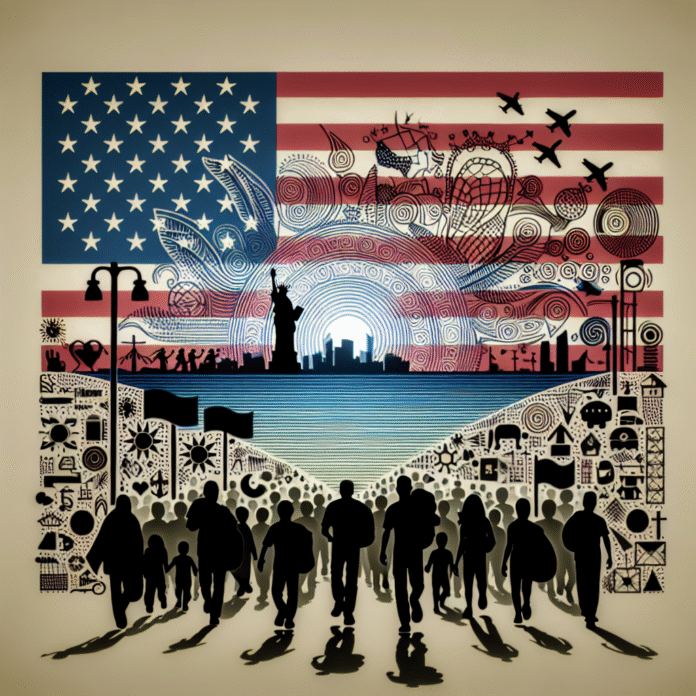Introduction
The refugee crisis, driven by armed conflicts, political oppression, and natural disasters, has led to the largest displacement of people globally since World War II. As millions seek safety, the impacts of these global events are significantly shaping America’s immigration policies and landscape.
The Current State of the Refugee Crisis
According to the United Nations Refugee Agency (UNHCR), over 26 million refugees are in need of protection. Many flee from war-torn regions such as Syria, Afghanistan, and South Sudan. The situation remains dire as host countries struggle with limited resources.
America’s Evolving Immigration Policies
In response to the refugee crisis, the U.S. has seen shifts in its immigration policies. For instance:
-
- Increased Acceptance of Refugees: In recent years, administration changes have influenced the number of refugees accepted into the U.S., with commitments to resettle tens of thousands annually.
-
- Temporary Protected Status (TPS): TPS has been extended to individuals from countries experiencing ongoing conflict, allowing them to remain in the U.S. under special circumstances.
-
- Border Security Measures: Heightened security and stricter vetting procedures have also been implemented, affecting how refugees apply for asylum.
Community Response and Integration Challenges
As new refugees arrive, communities across the U.S. are tasked with assisting in their integration. This encompasses:
-
- Language Services: Providing ESL (English as a Second Language) classes and translation services.
-
- Employment Support: Helping refugees find jobs and navigate the American workforce.
-
- Cultural Orientation: Educating newcomers about American customs and legal systems.
Conclusion
The refugee crisis is a complex issue influenced by various global events. As the U.S. adapts its immigration policies to respond, the focus must remain steadfast on humanitarian aid and support for those seeking a new life. The future of America’s immigration landscape will depend on balancing national security with compassion and support for those in need.
Call to Action
To make a difference in the lives of refugees, consider supporting local organizations that assist in their resettlement or advocating for policy changes that foster a more welcoming environment. Together, we can help shape a future that embodies the values of empathy and resilience.







